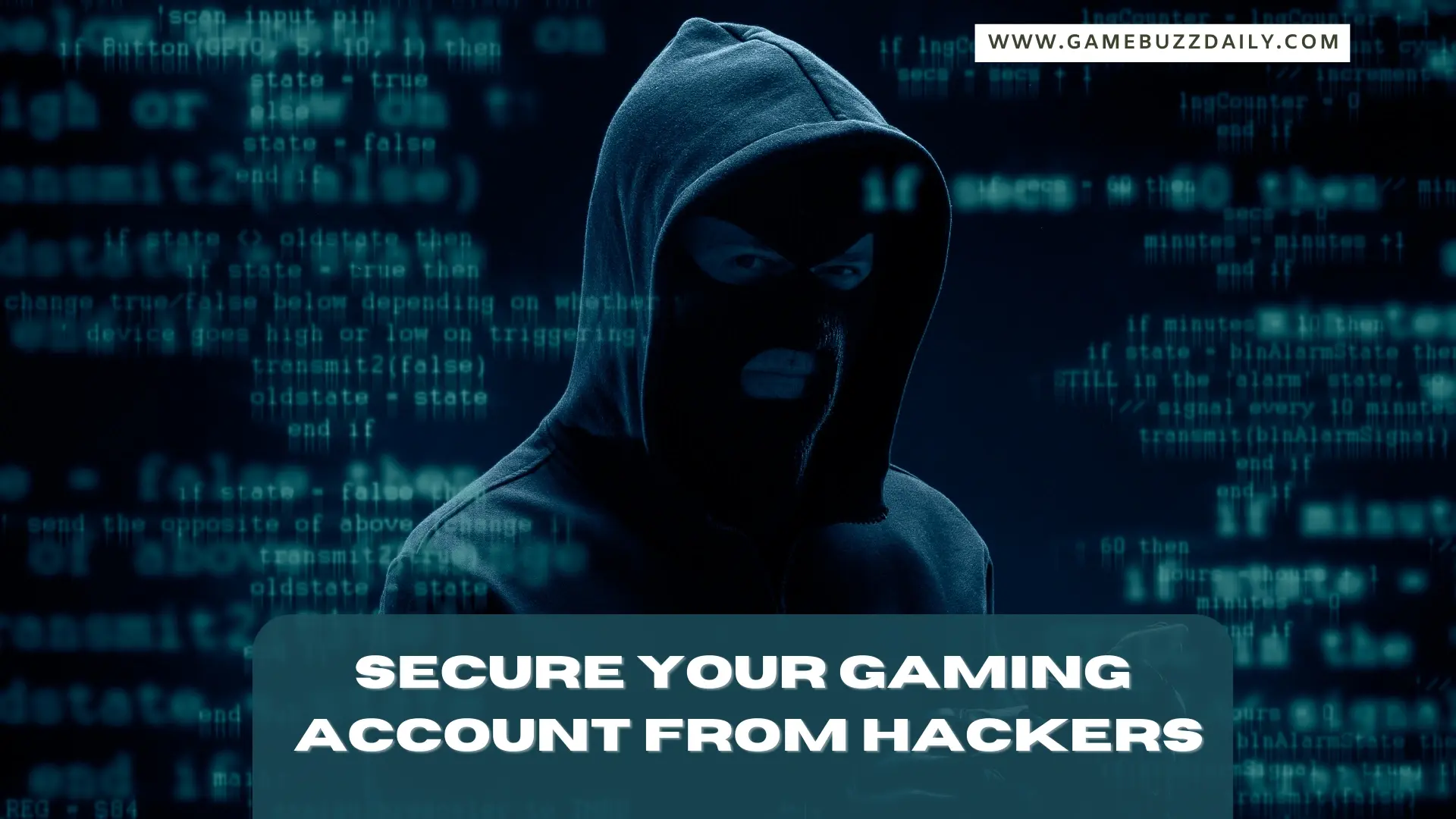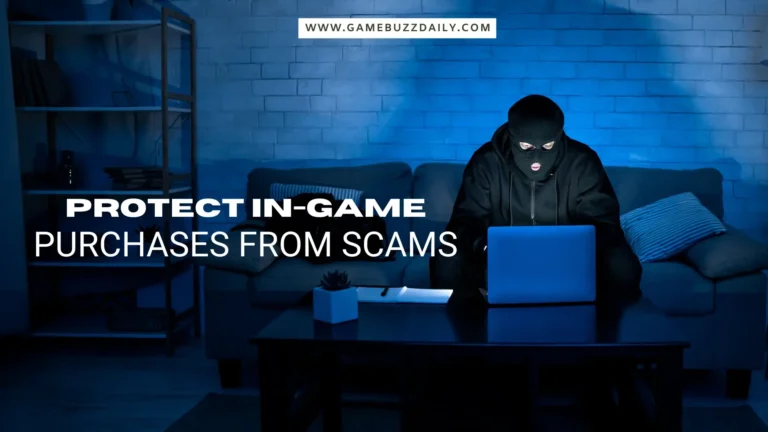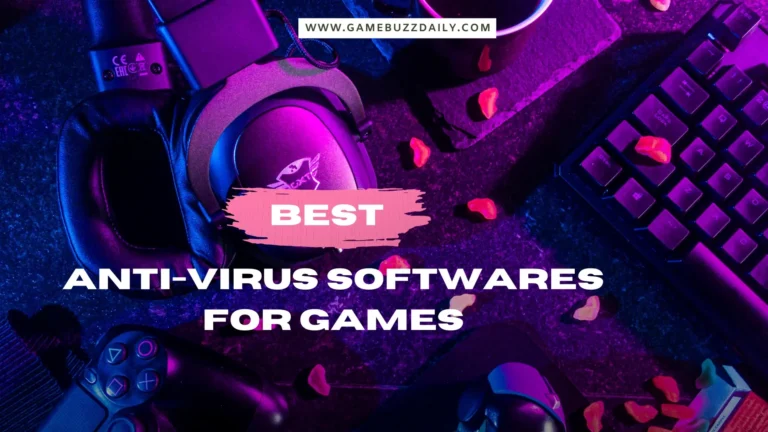Protect Your Gaming Experience: How to Secure Your Gaming Account from Hackers
Discover that How to secure your gaming account from hackers and how you and application, achievements, items, and data will be safe. Take control of your gaming security today.
Table of Contents
Introduction
With soaring use of gaming accounts, more and more people become victims of hacks because gaming accounts store a lot of valuable data including personal details and other virtual items, credit card details, etc. If you lose your account or someone gains unauthorized access, your assets and years of progress will go up in smoke. These include; phishing scams, weak passwords and unprotected devices which hackers take advantage of. Here, you will find real-time proven step-by-step guides, tools and measures to protect How to secure your gaming account from hackers.
Why Hackers Target Gaming Accounts
Gaming accounts hold more than just your progress. Here’s why hackers find them appealing:
- Financial Gain: Many accounts are linked to payment methods or contain rare, tradeable in-game items.
- Personal Data: Accounts store sensitive information like email addresses and real names.
- Resale Value: Stolen accounts, especially those with premium features, fetch high prices on black markets.
- Ease of Access: Weak passwords and unprotected systems make accounts easy targets.
Learn more about gaming account security risks on Kaspersky.
Common Methods Hackers Use to Breach Gaming Accounts
Knowledge about how hackers work, gives the person the upper hand. Here are the most common methods:
1. Phishing Scams
How to secure your gaming account from hackers exploit the use of fakes like fake websites, fake emails to make you give them your login credentials.
- Phishing attacks mimic official gaming platforms to appear legitimate.
- Clicking on malicious links can expose your account details.
Read about recognizing phishing attempts on Phishing.org.
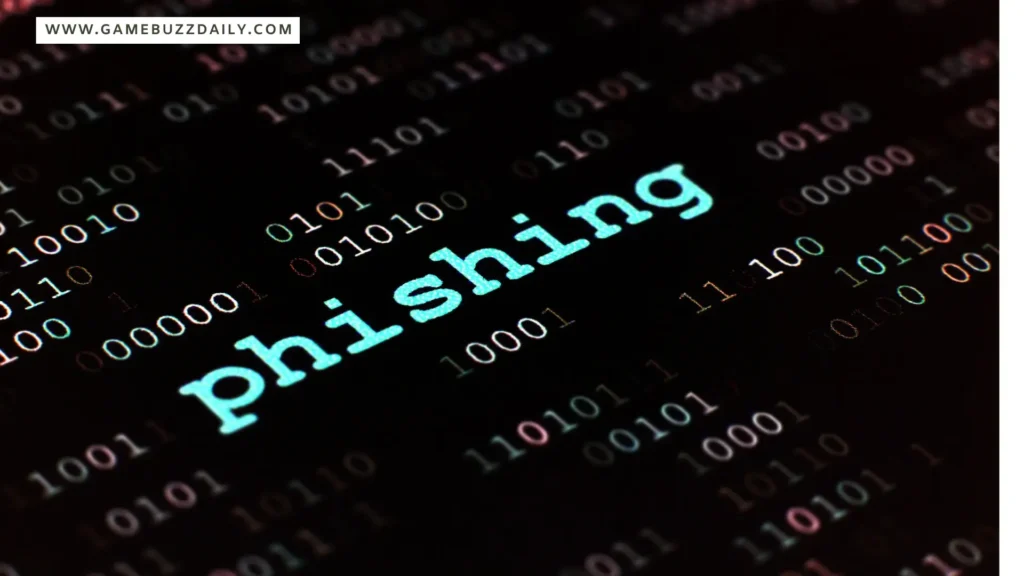
2. Credential Stuffing
How to secure your gaming account from hackers exploit reused passwords across multiple accounts.
- If one account is compromised, others are at risk.
- They use automated bots to test stolen credentials on different platforms.
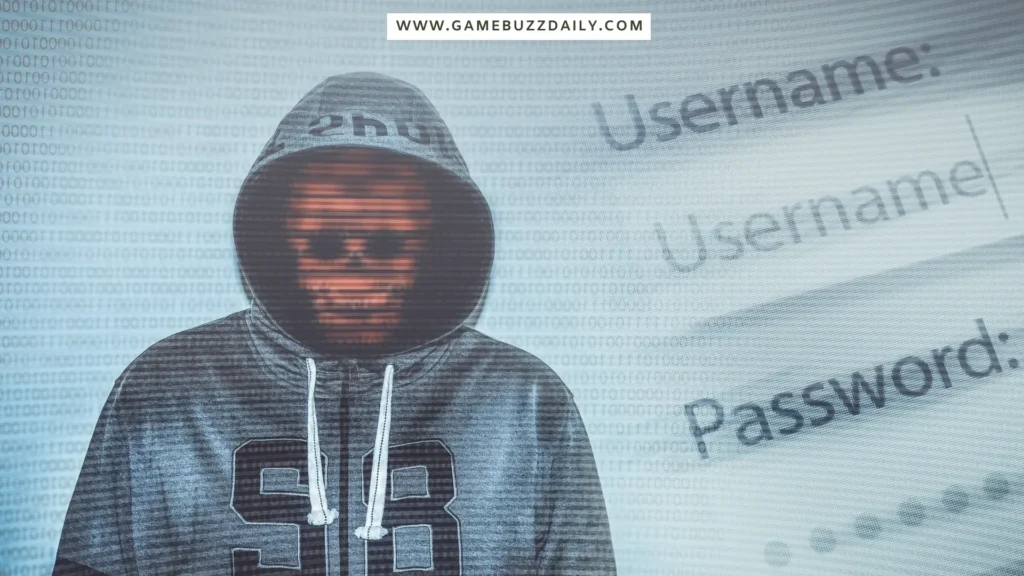
3. Keylogging Software
Keyloggers record everything you type, including passwords.
- Malware originates from unendorsed downloads and emails that contain attachments.
- Prevent it by having to apply the right antivirus software in the computers.
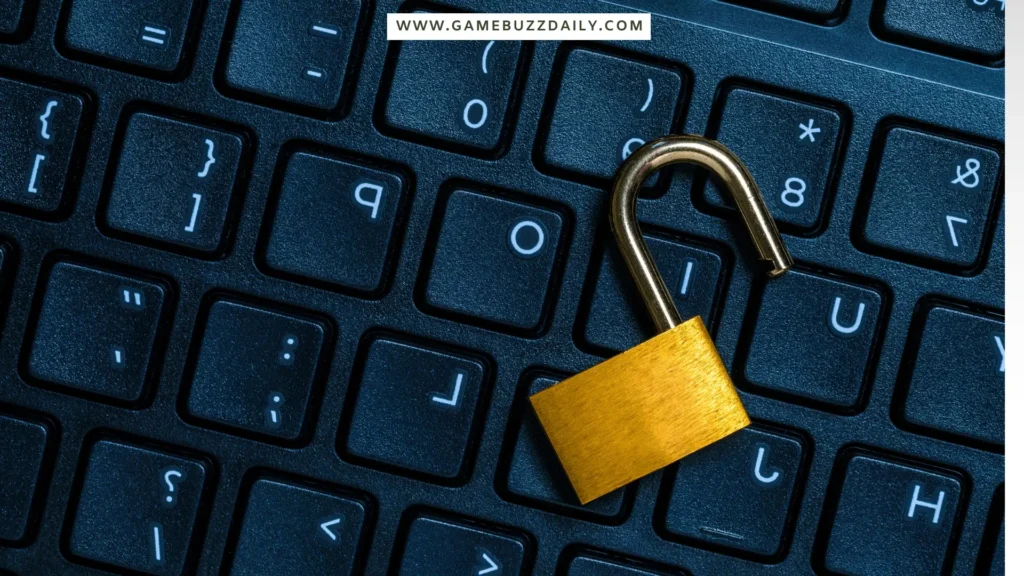
Explore malware protection tips on AVG.
How to Secure Your Gaming Account from Hackers
1. Create Strong, Unique Passwords
Avoid it by having to install the right antivirus software on the computers. Follow these tips:
- Make up your password from a combination of uppercase characters, lowercase characters, numbers, and symbols.
- Avoid dictionary words or personal information like birthdays.
- Instead of trying to create the complicated password yourself, use a password manager to do so for you.
Recommended Tools: LastPass, Dashlane.
2. Enable Two-Factor Authentication (2FA)
Two-factor authentication makes the protection of the account stronger than before.
- It is different from the last one because it always asks for one more proof of being the owner of the account, for example, the code sent to a phone number or to an email address.
- Shield your account from any kind of harm even if your password has been cracked.
Learn about enabling 2FA for your accounts on Authy.
3. Use Secure Payment Methods
You should not sync your credit or debit card to your gaming account. Instead:
- Some of the ways that can be used to prevent unsafe payments are; using third party payment processors such as PayPal and prepaid games cards.
- Make sure to constantly view transactions with the aim of being able to identify any purchase that was made without his knowledge.
4. Avoid Public Wi-Fi for Gaming
Connecting to anyone using the same Wi-Fi that is in a public domain is a dangerous thing because the network could easily be compromised by hackers. To protect your data:
- Avoid logging into gaming accounts on unsecured networks.
- Use a VPN to encrypt your connection.
Check out top VPN recommendations on CNET.
5. Stay Vigilant Against Phishing Attempts
Some of the hackers would pose as individuals within the organization to obtain your details. To stay safe:
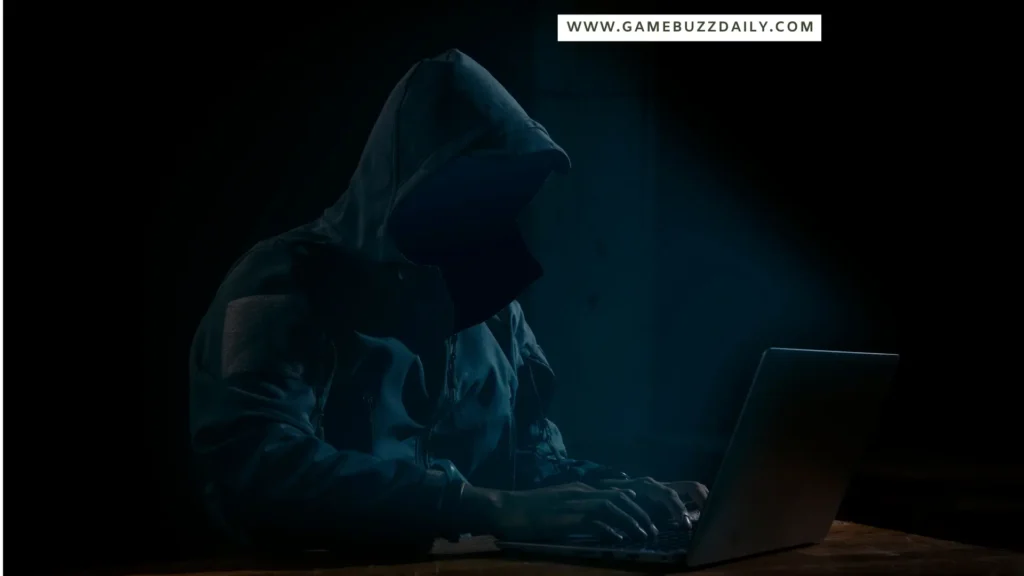
- Verify emails and messages claiming to be from game developers.
- Avoid clicking on unknown links.
- Use anti-phishing browser extensions like those from Norton.
6. Regularly Update Your Software
Security at the business risk is compromised because outdated software programs are a soft entry for hackers..
- Update your gaming console, PC, and your mobile device.
- Enable automatic updates for gaming apps and operating systems.
Why It’s Important: Updates often patch vulnerabilities that hackers exploit.
7. Review Account Permissions Regularly
Third-party apps linked to your gaming account can pose security risks.
- Revoke access for unused or suspicious apps.
- Limit permissions to only what’s necessary.
8. Monitor Login Activity
Many gaming platforms provide tools to track account access.
- Check login history for unauthorized activity.
- Enable notifications for new logins from unrecognized devices.
Safe Practices vs. Risky Behaviors
| Secure Practices | Risky Behaviors |
| Using unique, strong passwords | Reusing the same password across accounts |
| Enabling 2FA for all accounts | Relying on password-only protection |
| Avoiding public Wi-Fi for logins | Logging in on unsecured networks |
| Regularly updating all software | Ignoring update prompts |
Pro Tips for Long-Term Security
- Backup Important Data: Keep a secure backup of your progress and purchases.
- Set Strong Recovery Options: Use secure and memorable recovery questions.
- Limit Personal Information Sharing: Do not post any information about oneself in gaming forums.
- Educate Yourself: Learn about new dangerous threats and scams.
For more strategies, visit PCMag.
Conclusion
Protecting How to secure your gaming account from hackers is not just about losing money, but also losing your personal and gaming records, years of playing. But if you use good passwords, enable two factor authorization and avoid clicking links in spam, you are not likely to face this.It is time to prevent rather than report and alleviate all the gaming risks that you are facing today. For other guidelines and more information about this and cybersecurity and gaming, please click here. GameBuzzDaily.
FAQs
1. Why do hackers target gaming accounts?
Gaming accounts store virtual currency and items as well as provide one’s identity and harvested information.
2. What’s the quickest way to secure my account?
As a rule, enable two-factor authentication, use only strong and distinct passwords.
3. Can public Wi-Fi compromise my account?
Indeed, public hotspots are unsafe and can be easily targeted by hackers. Use a VPN for protection.
4. How can I recognize phishing emails?
The emails to look out for are those from unknown senders, grammatical errors, and messages that ask for personal details.
5. What should I do if my account gets hacked?
The first thing that should be done is to remove the existing password, input a new one and enable the addition of two-factor authentication and contacting the support team.
6. Are password managers safe?
Yes, reputable password managers like LastPass securely store and encrypt your credentials.
7. How can I secure my gaming purchases?
Select familiar payment systems such as PayPal and check for fraud charges.
8. What’s the best way to track account activity?
Use your platform’s account monitoring tools to review login history and set up alerts.
9. Should I allow third-party apps access to my account?
Only grant access to trusted apps and review their permissions periodically.
10. Is it safe to save my payment details in-game?
Avoid storing payment information directly. Use prepaid gaming cards or secure payment gateways instead.

